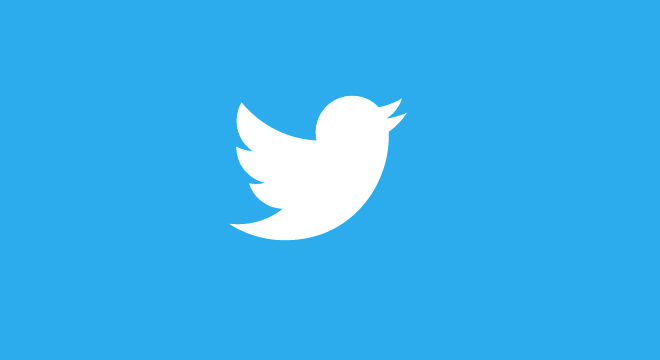The reaction on Twitter to political events often bears no resemblance to empirical data, according to a year-long study from Pew Research Center released on Monday.
Pew’s study focused on eight major events in the last year – including the first presidential debate and President Barack Obama’s re-election victory — comparing the tone of tweets to the results of actual polling.
The Twitter response to Obama’s re-election, for example, was overwhelmingly favorable: 77 percent of the tweets in response to his victory on Election Night were positive, while only 23 percent were negative. But Pew’s own survey research showed a more polarizing reaction, with 52 percent saying they were happy that Obama won a second term compared with 45 percent who said they were unhappy.
After the early-October debate in Denver, which was widely viewed as an unequivocal victory for Mitt Romney, a majority of 59 percent of the tweets were nevertheless supportive of Obama. Forty percent of the post-debate tweets were supportive of Romney, much lower than the 66 percent who declared the former Republican presidential nominee the winner in a subsequent survey.
But some Twitter reactions were more conservative than public opinion. Only 13 percent of responses to Obama’s second inaugural on the social media platform were positive, while 21 percent were negative and 65 percent were neutral. But a survey found a plurality of 48 percent expressing a positive reaction to the inaugural speech compared with 22 percent who gave a negative review and 29 percent who said it was neither positive nor negative.
Pew found only two instances in which public opinion comported with the response on Twitter: the Supreme Court’s ruling on the Affordable Care Act and Romney’s selection of Rep. Paul Ryan (R-WI) as the Republican vice presidential nominee.






